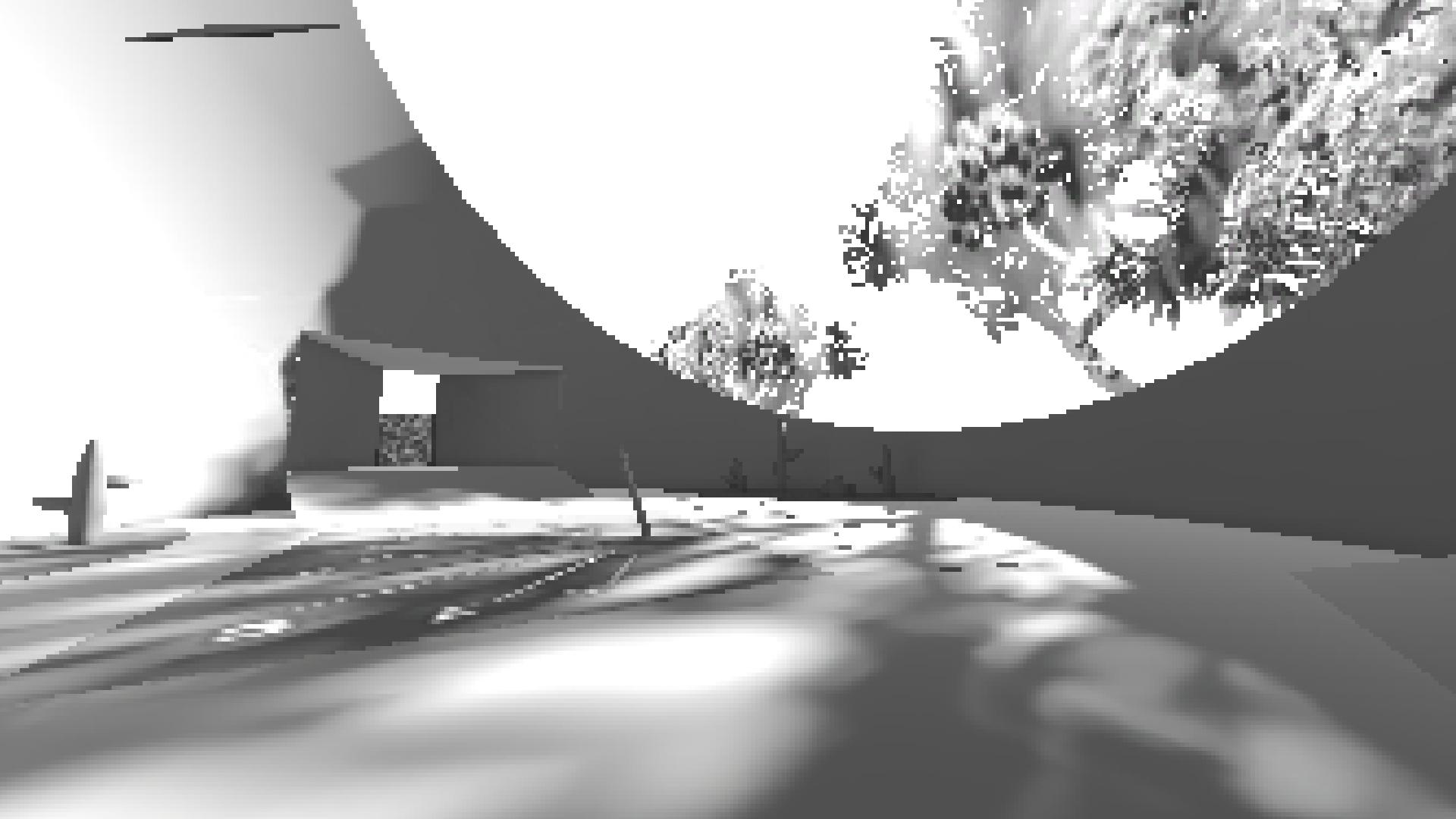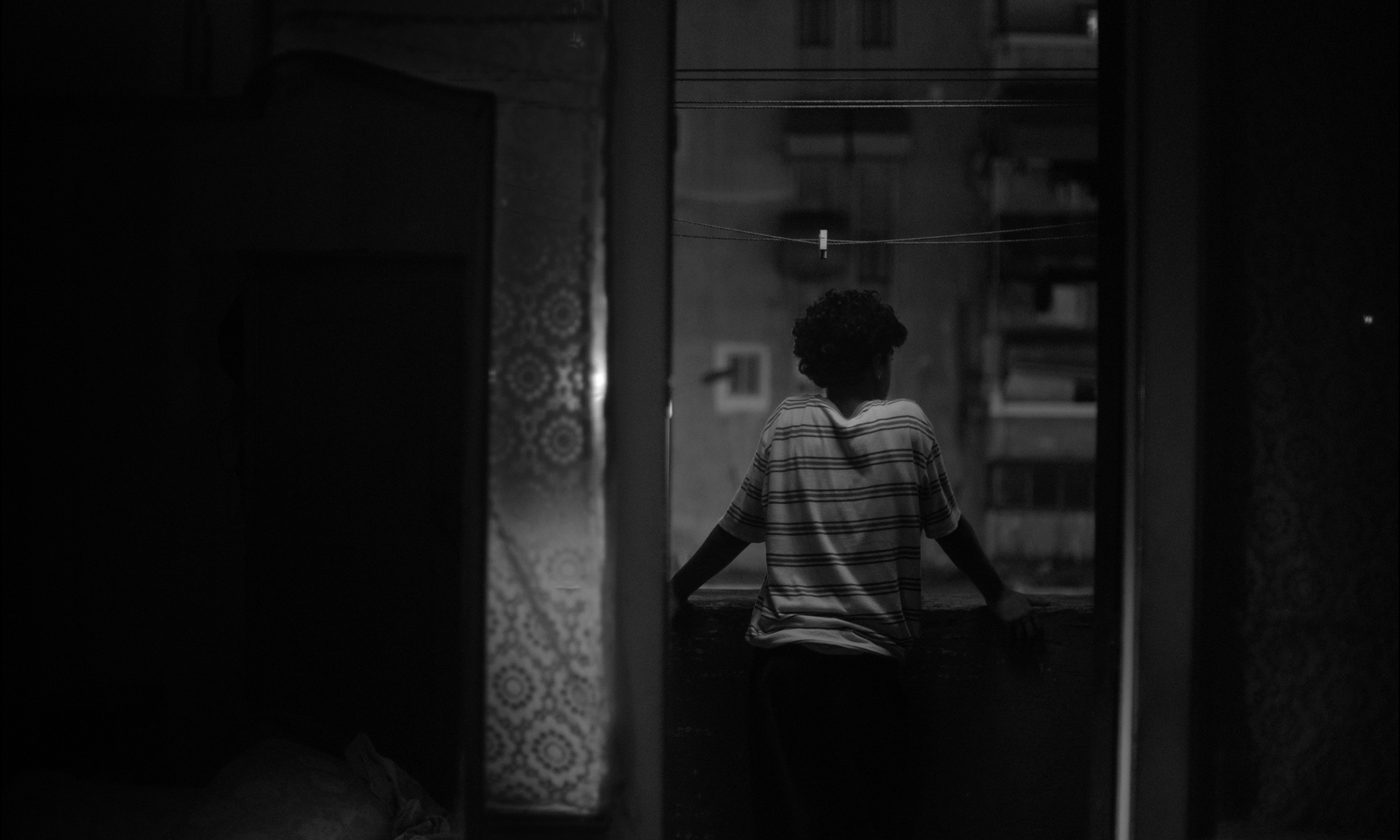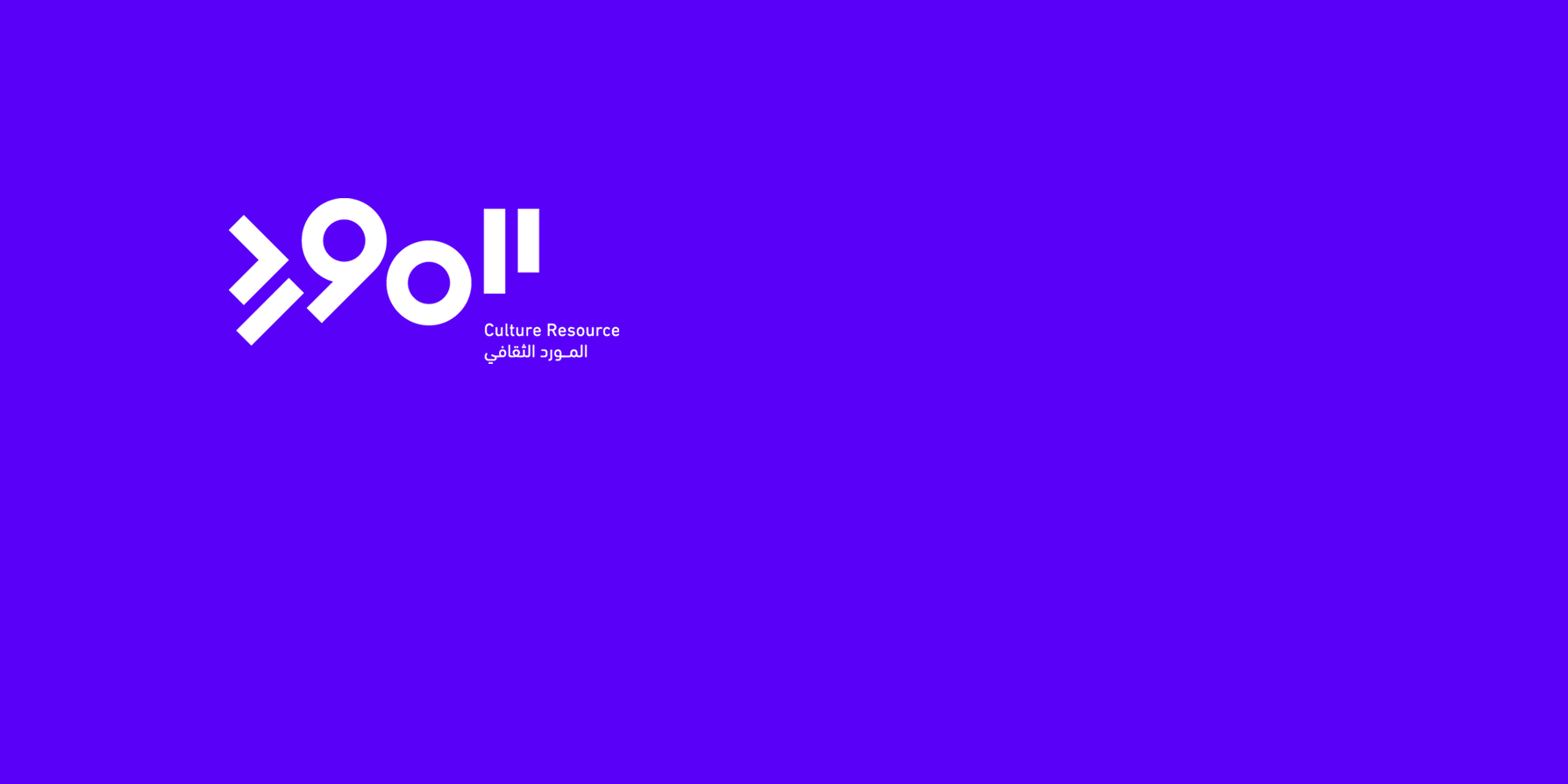On 12-14 November, Culture 3.0 held its inaugural workshop in Beirut, Lebanon, with the goal of supporting participants to develop their projects and creating spaces for collaboration between them. Culture 3.0, in its pilot edition, aims to foster confidence within the cultural sector in the Arab region to challenge imposed digital economic models and to promote fairer income and labor benefits for artists in current digital economies. The project also seeks to engage more artists in the region into tech policy debate and design, to encourage collaboration between techies and the cultural sector, and to imagine, explore and test new models of digital economic organization for artists.
A representative from each participant project from the Arab region and abroad took part in the workshop which was facilitated by Ranwa Yehia, a cultural activist and member of the Arab Digital Expression Foundation (ADEF); Ounsi El Daif, a member of Eedama and a project management and implementation expert; Nadine Moawad, a Mozilla Fellowship researcher, feminist activist, and internet and gender studies researcher; and the Culture Resource team. Patrick Abi Salloum, a tech and internet studies researcher and programming specialist, provided technical support to the participants. The workshop enabled participants to get to know each other better and exchange information on their projects and plans in the course of diverse activities on project management, collaboration and networking between the music and literature sectors, relevant tech fields and digital economy. It also included sessions on data governance and commons and on media and communications. It concluded with a visit to Culture Resource’s office in Beirut to attend a panel discussion on the intersections between literature, music and technology. Speakers included the writer and publisher Haramoun Hamieh, open resource and digital rights activist Raya Sharbain, and the musician and researcher Ghassan Sahhab. Nadine Moawad acted as moderator.
The participants will now update their plans and budgets in light of what they acquired during the workshop. The next steps will be to sign the contracts, design a mentorship program and individual and group technical support based on the needs of the participants who will have 6 to 12 months to carry out their projects, starting in the first quarter of 2023.




